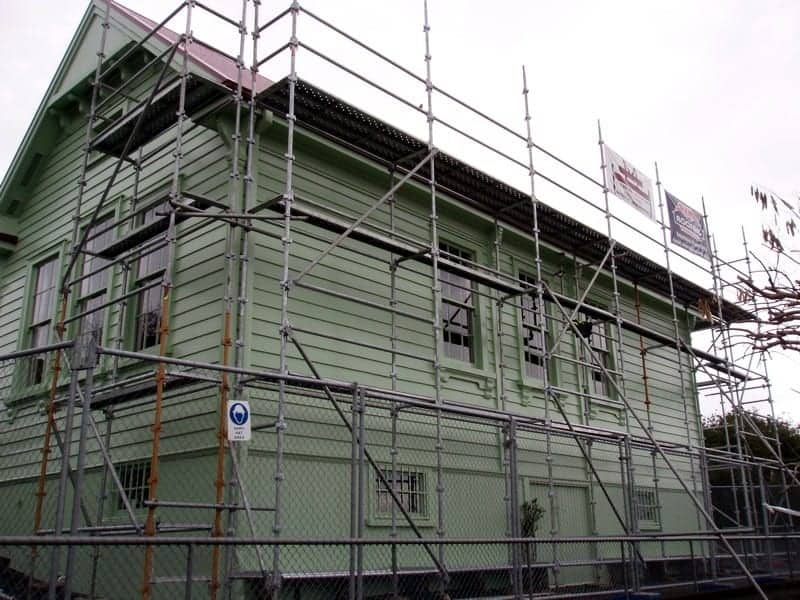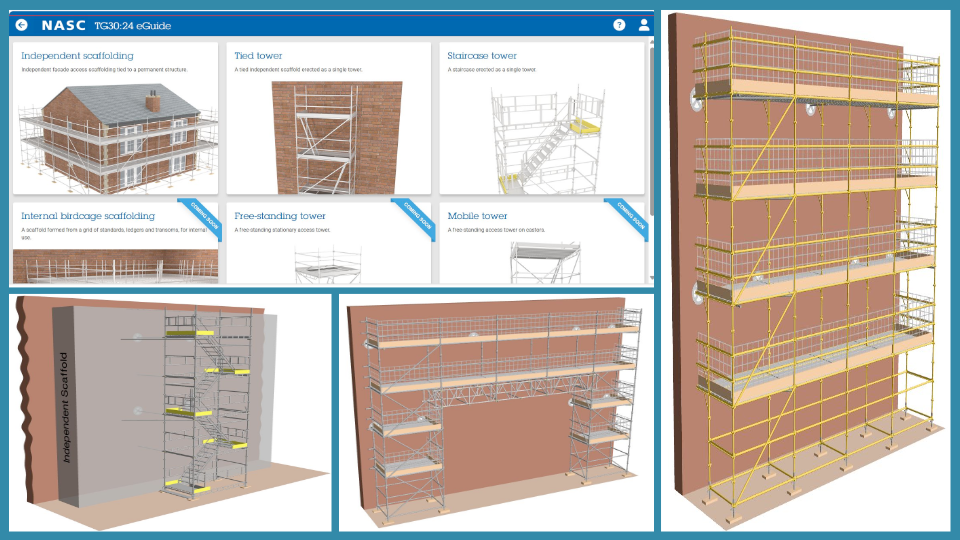New Zealand is set to overhaul its scaffolding regulations in a bid to reduce costs and improve efficiency across the construction sector.
Workplace Relations and Safety Minister Brooke van Velden announced on Monday that the government will begin consulting with industry stakeholders on changes aimed at reducing unnecessary scaffolding use and streamlining health and safety procedures.
The proposals include a revised approach to working at height, where alternatives such as ladders or harnesses may be deemed sufficient in low-risk situations.
“We’re simplifying scaffolding rules and streamlining the prequalification process to make them more practical and better aligned with the level of risk,” van Velden said.
The move follows concerns that existing regulations encourage over-compliance, leading to higher building costs and longer project timelines. Officials are now working on a “hierarchy of controls” to help clarify when full scaffolding is necessary.
Van Velden also highlighted the administrative burden faced by construction firms, many of which must complete numerous prequalification forms for different clients. To address this, the government has instructed workplace regulator WorkSafe to update its guidance and provide standardised, free-to-use templates.
In addition, an Approved Code of Practice will be developed to clarify overlapping health and safety responsibilities when multiple contractors are working on the same site.
“The current ambiguity may be encouraging the over-use of prequalifications in situations where it is not necessary,” van Velden said.
The review will also examine scaffolding certificates of competence. Proposed changes include recognising on-the-job experience and updating certification categories and fees to reflect modern industry practices.
The reforms form part of the ACT-National coalition agreement to modernise New Zealand’s health and safety framework. Van Velden said the changes are intended to “cut red tape” and reduce costs for businesses and homeowners alike.
“When our Kiwi businesses thrive, there are more jobs and lower prices for all New Zealanders,” she added.
Public consultation is expected to begin later this year.




